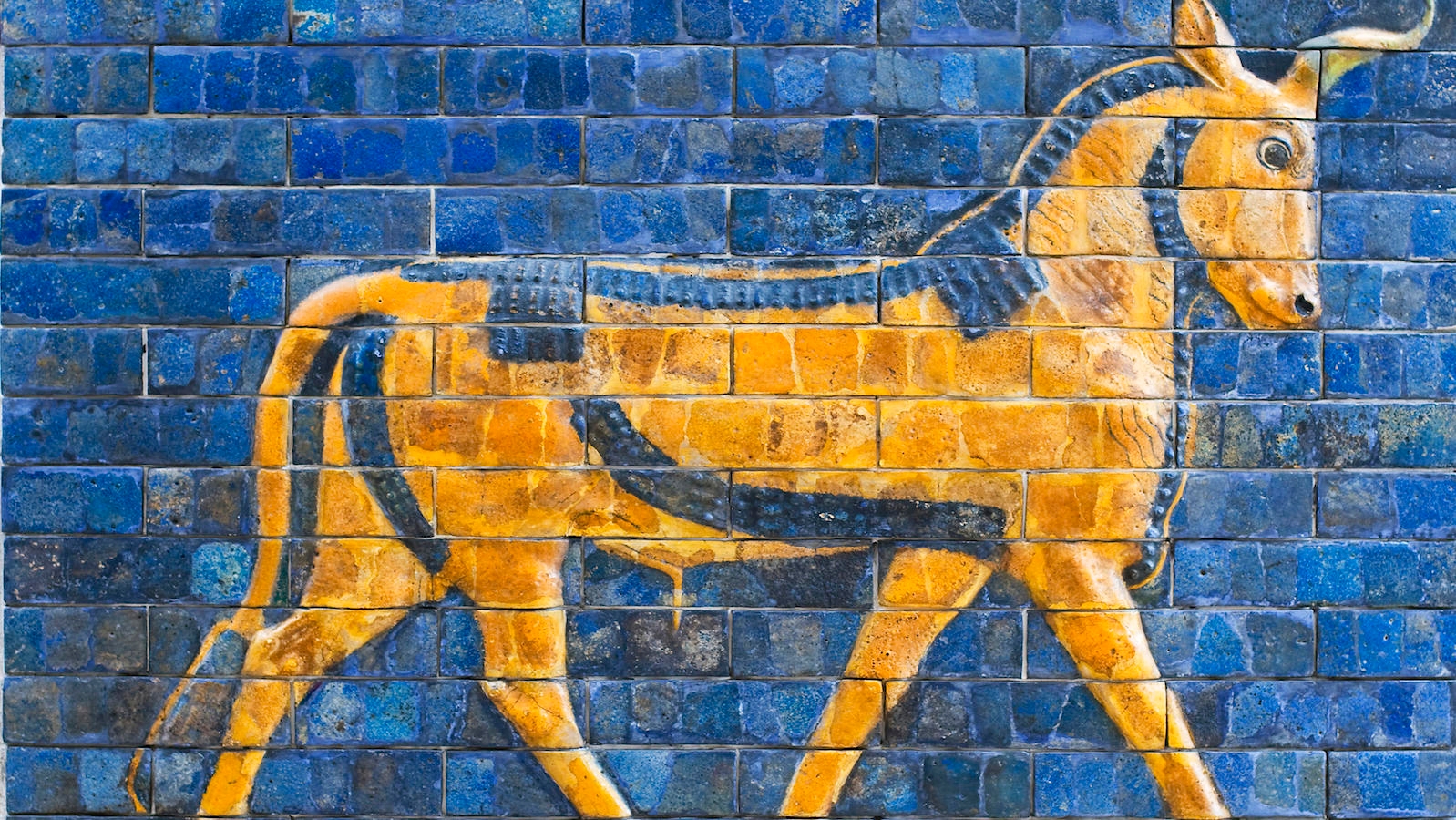Commentary on Parashat Vayakhel-Pekudei, Exodus 35:1 - 40:38
Those who experience the loss of a loved one understand what it means to have their lives thrown into disarray, to experience a sense of loss and isolation so intense it can seem impossible to carry on. Last week’s Torah portion left us with the Israelites having experienced something similar on a national scale.
After a detailed description of the design for the Mishkan, the portable sanctuary the Israelites used to worship God in the wilderness, the text plunges us into one of the Torah’s darkest stories. While Moses is receiving the Torah on Mount Sinai, the people melt down their jewelry — the very resources that should have gone to the Mishkan — to build an idol that they worship with wild abandon.
God is incensed and wants to extinguish the entire people and start a new nation. But Moses talks God down and then hurries to the foot of the mountain. Arriving at the Israelite encampment, Moses surveys the idolatrous bacchanal and is so enraged he throws the Ten Commandments to the ground. Then he issues this instruction:
Moses stood up in the gate of the camp and said, “Whoever is for the Lord, come here!” And all the men of Levi rallied to him. He said to them, “Thus says the Lord, the God of Israel: Each of you put sword on thigh, go back and forth from gate to gate throughout the camp, and slay sibling, neighbor, and kin.” The men of Levi did as Moses had bidden; and some three thousand of the people fell that day. (Exodus 32:26–28)
It’s difficult to comprehend the level of suffering the people experienced at this moment: 3,000 souls gone, slaughtered by their own brothers and sisters. Moses can’t stay to put the pieces back together; he must head back up the mountain again to beg God another time to forgive the people. He succeeds: God holds off on extermination, opting instead to send a plague on the nation.
With your help, My Jewish Learning can provide endless opportunities for learning, connection and discovery.
Still new to living in freedom, still homeless in the wilderness, and in the wake of 3,000 tragic deaths followed by a plague, the nation is at this point reeling. But God commands them to move forward anyway:
Then the Lord said to Moses, “Set out from here, you and the people that you have brought up from the land of Egypt, to the land of which I swore to Abraham, Isaac, and Jacob, saying, ‘To your offspring will I give it’ … a land flowing with milk and honey. But I will not go in your midst, since you are a stiffnecked people, lest I destroy you on the way.” (Exodus 33:1–3)
The people move forward, but they have lost so many loved ones and even the divine presence that had protected them. What else can they do?
It is at this point that our Torah portion, Vayakhel-Pikudei, picks up the story. In these chapters, we see Moses healing the community. He calls the Israelites together and reminds them about the commandment to keep the Sabbath, an essential component of their healing. Then he has them get to work.
Over the course of several chapters, the text painstakingly describes the building of the Mishkan. It’s a structure that will allow the Israelites to repair their relationship with God and with each other. By reuniting as a community and engaging in hard work they can find renewed life. And Moses makes it clear that each person must make their own significant contributions.
The Israelites bring whatever they can contribute, both materials and skills, to the building of the Mishkan. One might have thought their gold was gone — melted to create the Golden Calf. But somehow they find more and they are in fact so generous with their materials and skills that Moses ultimately has to tell them to stop — they have more than they need.
Why this outpouring of generosity? Why did the Israelites work so hard? Perhaps because investing themselves heavily in this project was ultimately healing not only for the nation’s relationship to the divine, but for the individuals who had experienced so much loss.
Robert Putnam, who famously charted the decline of social connections in his book Bowling Alone, more recently found that a person’s religious beliefs — or, by implication, their lack of them — is not what promotes involvement with others or the satisfaction derived from it. Rather, it’s involvement in a community that makes the difference. Whether secular or religious, participation in almost any community steadies the disequilibrium we experience in the wake of loss. In a community, we remember that we matter to someone else and don’t have to isolate ourselves. We recognize that we have something vital to contribute that no one else can. And we connect with others who are hurting too, which lessens the sense of isolation.
Perhaps the Israelites were bringing those gifts to mollify the divine, but it was almost assuredly healing for them as well. Sometimes in the act of giving, even when you think you have nothing left to give, you end up receiving even more.
This article initially appeared in My Jewish Learning’s Reading Torah Through Grief newsletter on March 17, 2023. To sign up to receive this newsletter each week in your inbox, click here.
Looking for a way to say Mourner’s Kaddish in a minyan? My Jewish Learning’s daily online minyan gives mourners and others an opportunity to say Kaddish in community and learn from leading rabbis.



